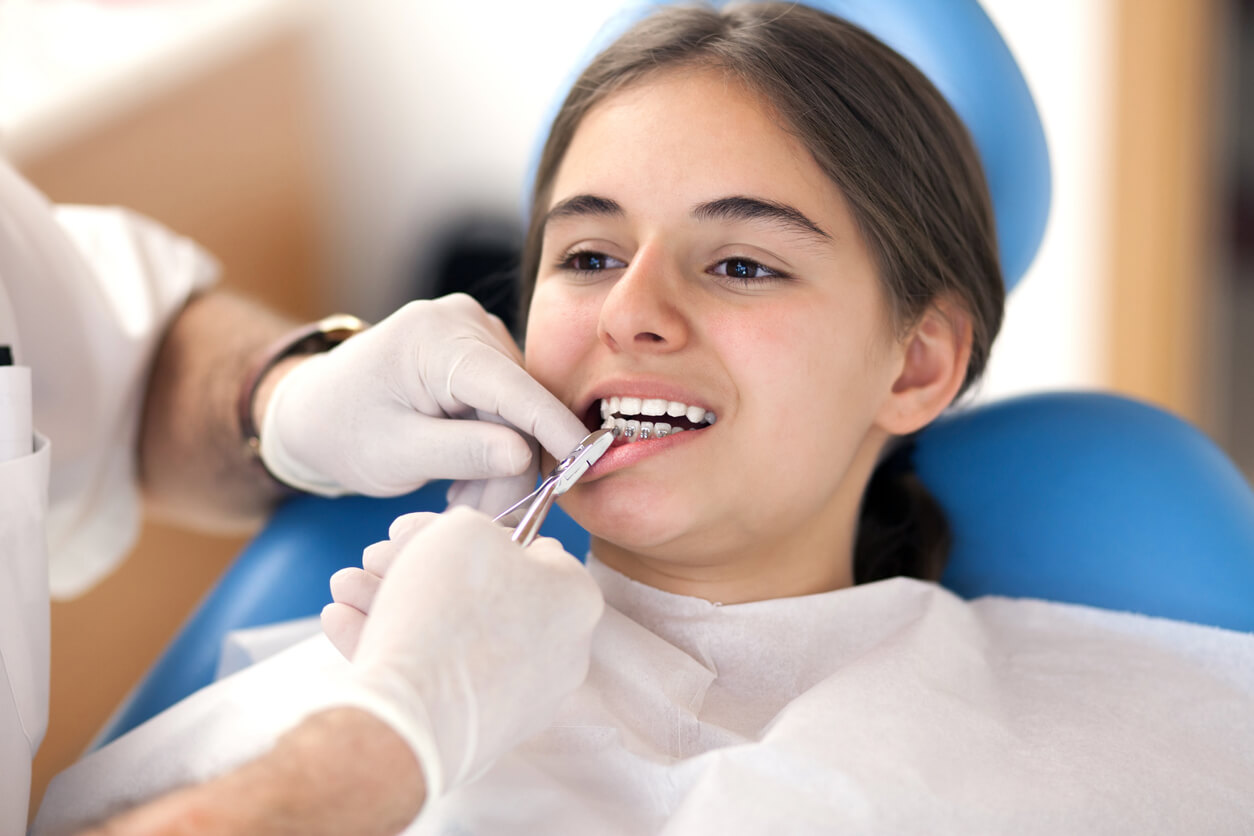On a day-to-day basis, we see various reasons for tooth extractions in our New York offices. Sometimes, an extraction occurs because of extreme decay and neglect. Other times, an extraction is the first step toward a set of new teeth or a bridge. Another common cause is wisdom tooth removal. With all these situations, the extraction is only the start to a healthy smile. Properly caring for your mouth in the days and weeks following an extraction can make a big difference in the way that your body heals and responds to future treatments. What follows are some common questions that patients have about what needs to be done after an extraction takes place. If you’re about to have a tooth removed, you might be wondering about some of these things, too.
Will it hurt?
Unfortunately, you will likely experience some moderate pain following a tooth extraction. During the procedure itself, you will be sedated and only feel pressure. Thankfully, over-the-counter medicines like ibuprofen and other anti-inflammatory drugs can help ease discomfort. Depending on your situation, prescription pain medication might be a better option. We can discuss this in greater detail as your procedure gets closer. Applying ice to the sore spot can also prove helpful. Most pain should disappear in a few days after the extraction.
Do I need a ride home?
If possible, ask a person you trust to assist you immediately after the surgery as you might not feel up for driving. If this is not possible, you might consider arranging a ride from a taxi company, bus, or ridesharing service.
Do I need to go on a special diet?
It’s important that you avoid hot liquids and alcoholic beverages for 24 hours after your surgery. In the days following your extraction, a diet of soft foods–like applesauce, mashed potatoes, canned fruit, and pudding–might make your mouth feel less pain. Cold foods, like popsicles and ice cream, can also feel good (and who doesn’t love a frozen treat?). You should still avoid chewing near the extraction site. Be sure to buy these grocery items in advance because you might not be in the mood to go shopping immediately. As your mouth begins to heal, you can introduce more solid food back into your diet.
Will there be a lot of blood?
Bleeding is likely to occur after an extraction. We will provide gauze to fill in the space over your empty tooth socket. Biting down on it for around 45 minutes will help bring an end to any bleeding that you are experiencing. To help your mouth heal, you should avoid rinsing or spitting for 24 hours after your extraction. You should soon feel blood clots forming in place of the empty socket. These are normal and should not be dislodged.
What if I’m a smoker?
You should not smoke for 24 hours after your procedure. While it might be tough, you can think of it as a test period for quitting smoking altogether.
Tooth extractions are fairly routine procedures, but they require special care by the patient to properly heal. If you have any questions about the post-surgery expectations, don’t hesitate to ask.

